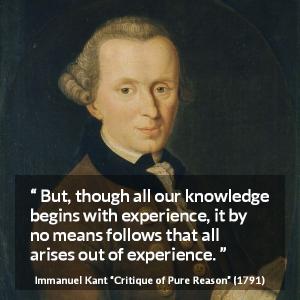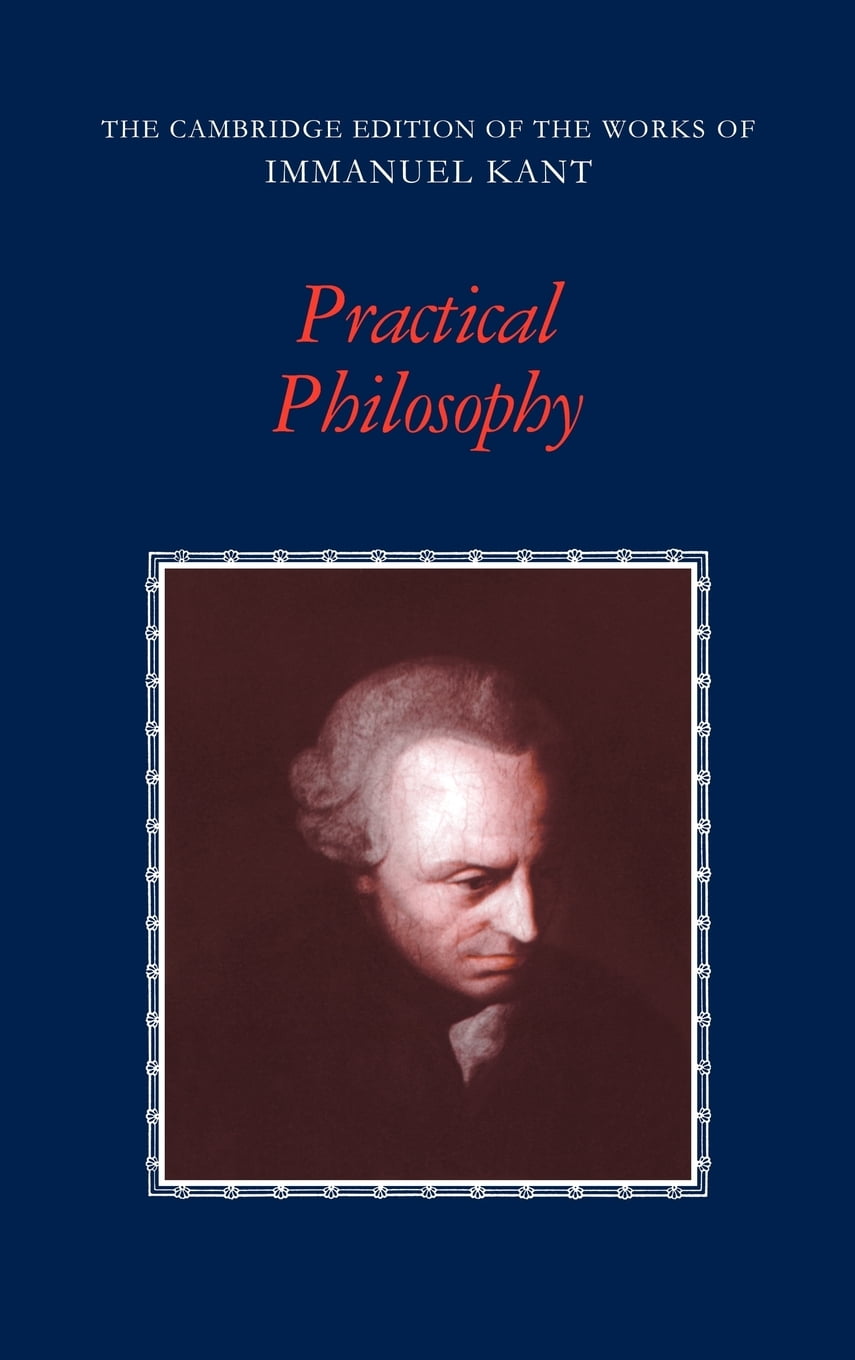

The battlefield of these endless controversies is called metaphysics. But it thereby falls into obscurity and contradictions, from which it can indeed surmise that it must somewhere be proceeding on the ground of hidden errors but it cannot discover them, for the principles on which it is proceeding, since they surpass the bounds of all experience, no longer recognize any touchstone of experience.

But since it becomes aware in this way that its business must always remain incomplete because the questions never cease, reason sees itself necessitated to take refuge in principles that overstep all possible use in experience, and yet seem so unsuspicious that even ordinary common sense agrees with them. With these principles it rises (as its nature also requires) ever higher, to more remote conditions. It begins from principles whose use is unavoidable in the course of experience and at the same time sufficiently warranted by it. Reason falls into this perplexity through no fault of its own. They then simply assume that these conclusions entail permanence, incorruptibility, and personality.Human reason has the peculiar fate in one species of its cognitions that it is burdened with questions which it cannot dismiss, since they are given to it as problems by the nature of reason itself, but which it also cannot answer, since they transcend every capacity of human reason. Instead, Kant thinks they argue for the conclusions of the soul's substantiality, simplicity, and identity. So how do they argue for these conclusions? They don't. (including an 80-page editor’s Introduction), US74.85 (cloth). Wood, Cambridge University Press, Cambridge, 1998, xi +785 pp. Toward this end, he believes, they need to establish three things about the soul: its permanence, incorruptibility, and personality. Immanuel Kant, Critique of Pure Reason, translated and edited by Paul Guyer and Allen W. The sole purpose for the rationalists' ventures in psychology, Kant repeatedly tells us, is to establish the immortality of the soul. In the first of the Dialectic's three chapters, the “Paralogisms of Reason,” Kant's focus is the rationalists' errors in the field of psychology. At the same time, he is empathetic toward the rationalists, underscoring that their errors are not obvious or even disingenuous, as the overly simplistic empiricists hold, but instead deep and inevitable, grounded in transcendental confusions that only Kant's transcendental researches can identify if not eradicate.

Kant identifies many ways in which reason oversteps its bounds, and repeatedly charges the rationalists with such errors. After analyzing our cognitive powers of sensibility and understanding in the first Critique's Transcendental Aesthetic and Transcendental Analytic and arguing that these powers can together yield synthetic a priori knowledge, albeit knowledge limited to objects of appearance, Kant turns to an analysis of the power of reason in the Transcendental Dialectic.


 0 kommentar(er)
0 kommentar(er)
